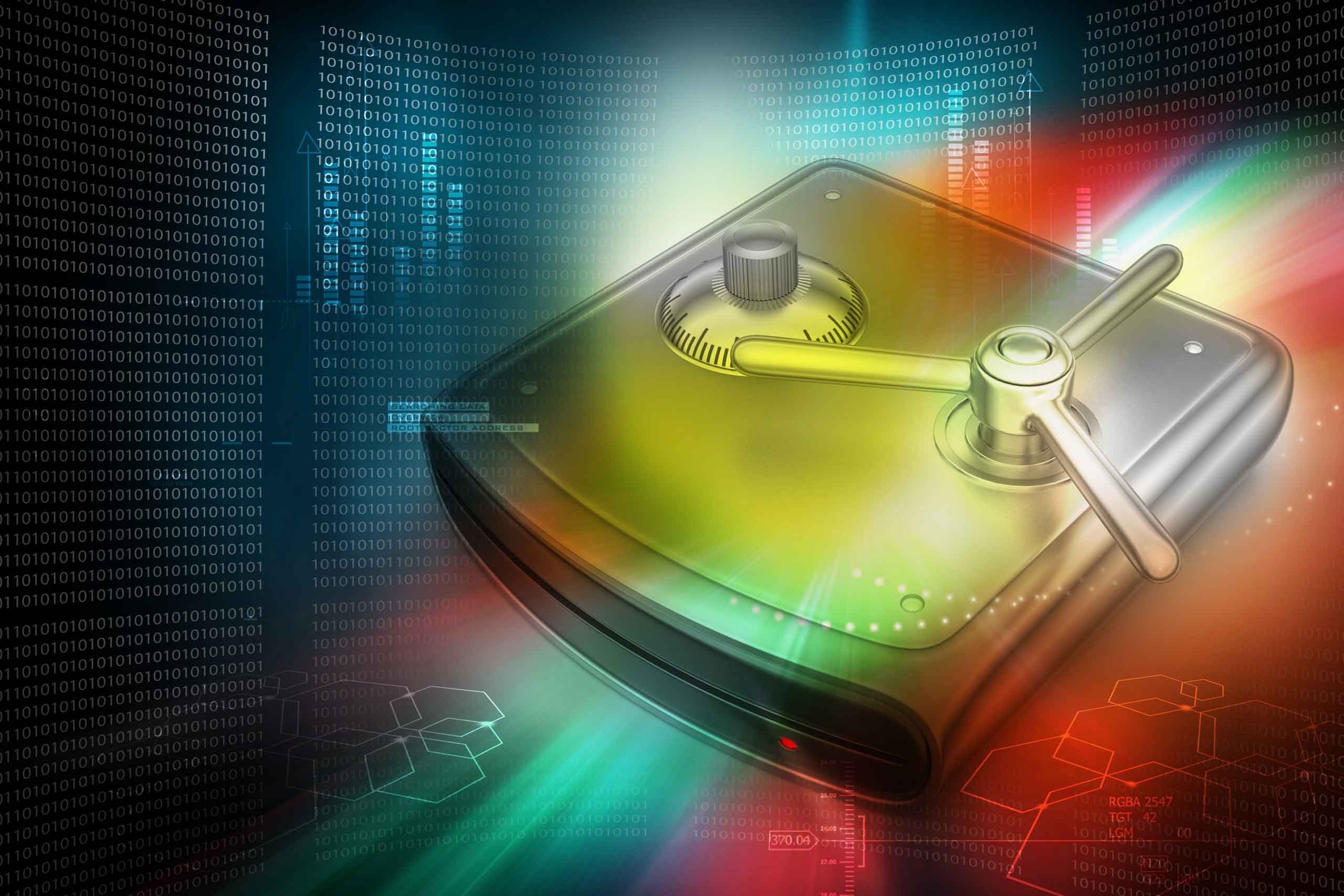When most people decide to part with their old computer or smartphone, they either sell it or give it away. This can be risky since cyber attacks and data theft are growing issues. In today’s fast-paced, tech-driven world, personal and company data is a commodity valuable enough to steal. Business data is an especially hot commodity these days. There are plenty of criminals out there ready for their next payday by stealing your information, especially from your used hard drives.
Does this mean that you’re doomed to keep your old unused devices around forever? Of course not! You just need to follow some simple best practices to prevent data theft.
How Do I Protect My Business Data?
The best course of action to improve business data security when getting rid of old tech is by using a professional, certified data destruction service like Rocycle. We can help by erasing your sensitive company and customer data in a way that’s thorough, secure, and compliant with all industry regulations.
Why Can’t I Just Delete My Files?
As the prices of hard drives decrease and newer technologies come out faster, more and more hard drives are being sold or disposed of without proper data destruction by both consumers and companies. Simply deleting files or reformatting a hard drive is not enough to completely remove data from a hard drive. Criminals can still recover this data using sophisticated, yet easy-to-obtain software.
Used Hard Drives Are a Target for Data Theft
Used hard drives have become a goldmine for identity thieves and corporate spies. Studies show that one-third of used hard drives bought online or at various retail stores contain sensitive data. Especially with the growing trend of working from home remotely, there are likely to be millions of hard drives on public sale right now that not only still contain personal data but highly confidential corporate information as well.
Personal Data - PII
The most valuable type of data is personally identifiable information - or PII, including data such as:
- birth dates
- credit card numbers
- Social Security numbers
- Salary details
- Tax returns
- Scanned driver’s licenses and passports
- Health information
- Ecommerce purchase histories
PII is stored on devices you use daily – more than you may realize. While this data on your hard drives, laptops, and smartphones are typically encrypted, it’s good to be aware of the risks associated with this data.
For example, if you don’t properly dispose of your old hard drive, laptop, or smartphone, you could be exposing all of your PII to potential hackers.
It’s essential to use a data destruction provider like Rocycle. We can help you properly dispose of any old hard drives, laptops, or smartphones, leaving you with peace of mind that your PII is not at risk.
Corporate Data
Even if you don’t think your company has a lot of sensitive data, a data breach can still cause a lot of damage. Make sure you are taking the necessary precautions.
Criminals can make use of corporate information such as:
- Banking information
- Corporate credit card numbers
- Payroll information
- Employee Medical records
- Corporate financial data
- Invoice
- Tax information
Erase Your Data Thoroughly
If you aren’t a big company, it doesn’t mean you aren’t at risk too. Almost half of all cyberattacks target small businesses. Additionally, the Ponemon Institute reports that the average cost of a data breach is $4.24 million.
When you initially delete your files, the data still exists; the zeros and ones are made to be inaccessible. As a result, criminals can still easily recover these files. Instead, protect your data by using a professional, certified data destruction service like Rocycle, who can help you erase your data in a way that’s thorough and compliant with all industry regulations.

